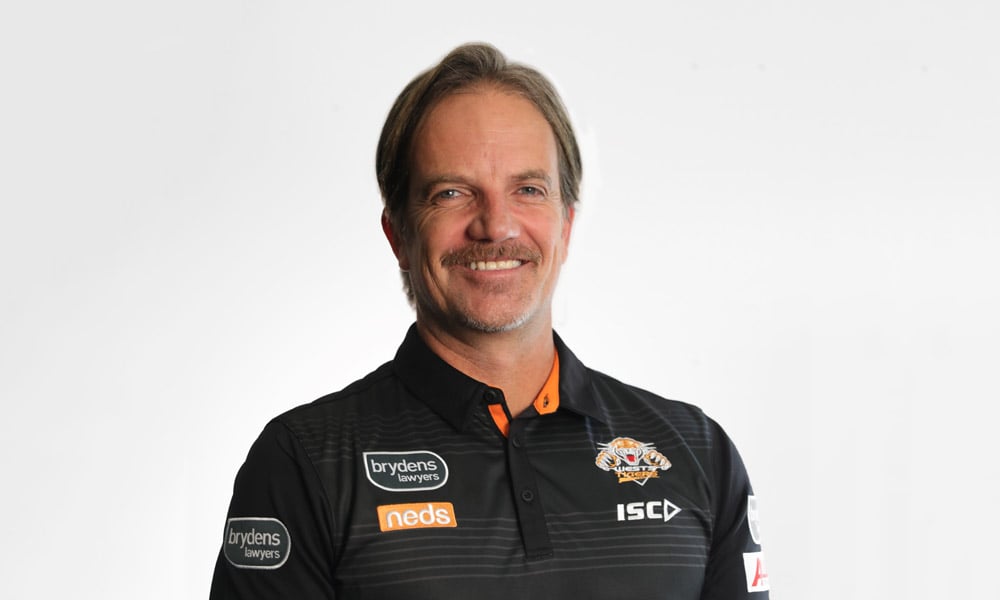
HRD spoke to Justin Pascoe on best practice, club philosophy, and reputational risk

How much time and effort do you really invest in your people and culture?
When you consider that 15% of candidates would turn down a job offer because of company culture[i], it might be time to start realigning your priorities.
“At Wests Tigers, we place a strong emphasis on making sure that when people arrive at the club that they are able to leave as better people.”
Those are the words of Wests Tigers CEO, Justin Pascoe, who told HRD that enabling an excellent workplace culture begins with looking after their employees.
“Our people are our greatest asset and we understand the importance of fostering a really strong and positive culture both on and off the field,” said Pascoe.
“Everyone in our organisation plays a vital role in our success and it’s really incumbent on me as a CEO to ensure that the right standards are not just set, but supported by the right resources.”
Pascoe added that this involves fostering an environment where personal development takes priority.
“I am always looking for best practice that exists outside of the Rugby League,” said Pascoe.
The club are in the midst of building a new Centre of Excellence and the constant messaging around that is not about the fact that they are going to have “a shiny new building that is going to create immediate success”.
“It’s about the principles that will apply to the standards, behaviours and values,” added Pascoe.
“The people create the success, the four walls won’t.”
And Pascoe’s right – an onus on fostering an authentic company culture pays for itself, both in terms of employee retention and candidate attraction. In fact, 47% of candidates cite company culture as their main reason for looking to move companies, with 24% of employees willing to leave a company whose culture they hate[ii].
Wests Tigers’ philosophy of putting people at the forefront of their strategy has led to it being the first of the 16 NRL clubs to work with Core Integrity to implement the Speak Up Integrity Hotline.
READ MORE: Why good culture means good business
The hotline allows the Wests Tigers team to raise concerns about issues that could be impacting the club’s culture, either confidentially or anonymously.
“If they hear anything that’s outside of our values, expectations and behaviours then they are encouraged to use the hotline,” he said.
“That’s not just about protecting staff, but also about protecting the club. We recognised as a club that successful organisations really do take proactive ownership of their corporate governance and risk management.
“I think the code of Rugby League inherently hasn’t been focused around risk governance as a number one priority. We really want to be an early adopter in this space and lead the charge when it came to professional sporting teams.”
Pascoe added that it was another value-add or point of difference in a competitive market because they can demonstrate to sponsors that the Wests Tigers really take workplace culture seriously.
“We take your reputational risk seriously and we have got these protections in place in order to protect not just our brand but the sponsor’s brand as well,” he said.
“It’s really about identifying potential sources of trouble and then taking the necessary steps and processes to analyse them and address them in a way that is positive and proactive.”
READ MORE: How to build a connected culture for remote workers
About four months ago, the club appointed a people and culture manager whose role spreads across the whole organisation.
“Most NRL clubs focus on a wellbeing department which is in the football department - specifically the players. I don’t believe that our players or football staff are in isolation of everyone else in our business,” he said.
“We proactively work around creating a culture for all people who are employed and associated with our club – players, staff, administrators, whoever.”